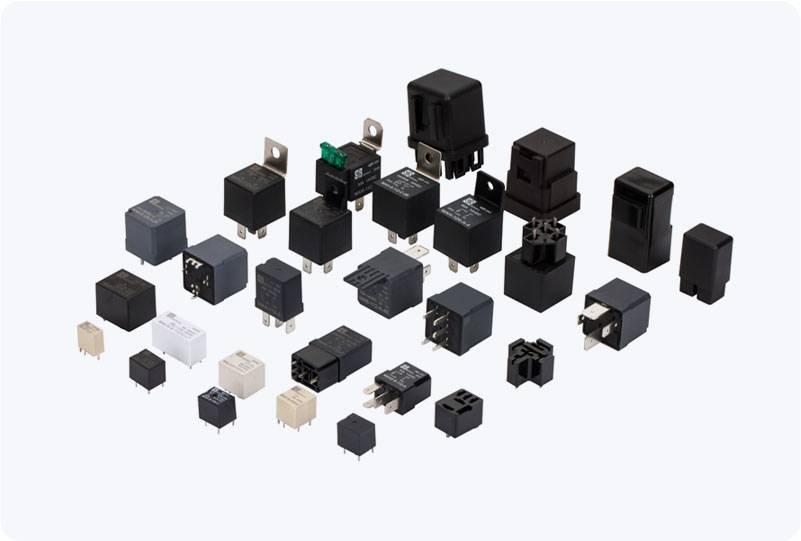understanding the role and function of ac motor relay in modern electrical systems
Release time:2025-11-12 13:07:17
An AC Motor Relay is an essential component in modern electrical systems, particularly in industrial automation and machinery control. It serves as an intermediary device that enables low-power control circuits to manage high-power AC motors safely and efficiently. By bridging the gap between control signals and power loads, AC motor relays play a crucial role in ensuring operational stability, safety, and energy efficiency across various applications.

1. What Is an AC Motor Relay? An AC motor relay is an electromechanical or solid-state switch used to control alternating current (AC) motors. It operates by using a small electrical input (control signal) to open or close a circuit that carries a much larger current. This allows engineers or automated systems to start, stop, or reverse AC motors without direct manual intervention or the need for high-voltage switches in the control panel. Traditional AC motor relays use electromagnetic coils to generate magnetic fields that move mechanical contacts, while modern solid-state versions rely on semiconductors for switching. Regardless of design, their purpose remains the same: to provide reliable control and protection for AC motor operations.

